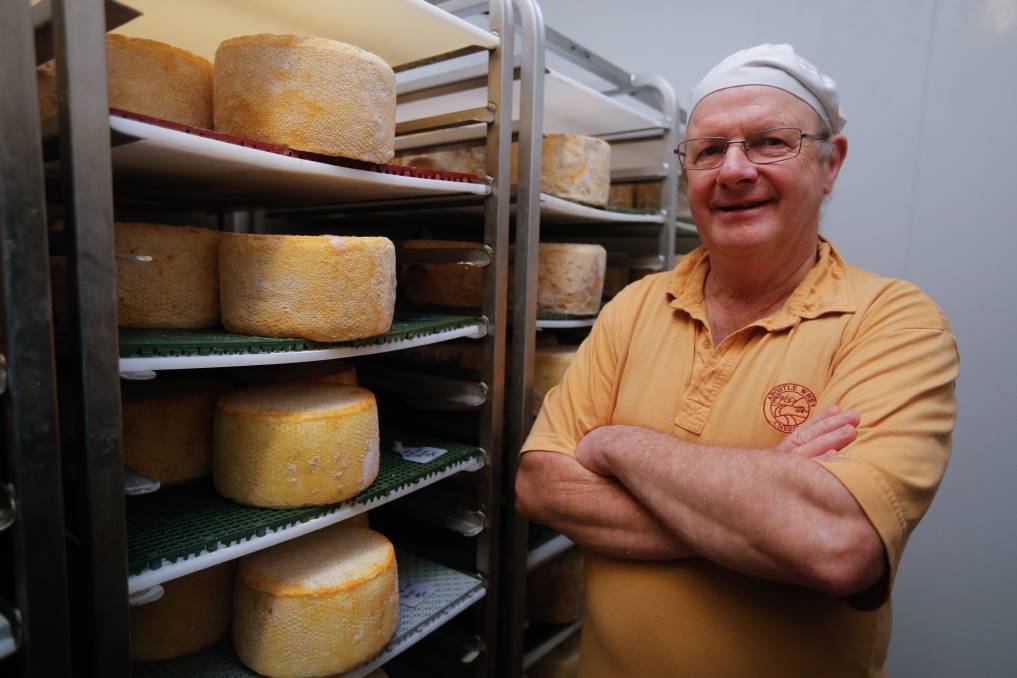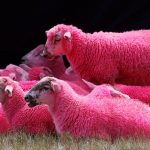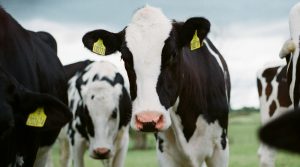
The air is humid inside as busy workers set up trays of brie, tip fresh curd into buckets and turn wheels of blue cheese over in cool rooms.
At the front of house cafe, visitors taste an assortment of soft, hard, peppered, smoked and garlic-infused cheeses of the brie, camembert, havarti and blue variety.
But soon this could all change: the European Union is currently negotiating a free trade agreement with Australia and could demand brand names in Australia like feta, brie, camembert, haloumi, pecorino and cheddar be dropped, as was the term champagne in the past.
Trade Minister Simon Birmingham expects the EU will ask for certain “geographical identifications” (GIs) to be protected as part of the negotiations.
For boutique dairy producer Apostle Whey Cheese, the possibility of not being able to call its cheeses by their traditional names, including its award-winning Southern Briez brie cheese is a big blow.
“People are familiar with this sort of branding, if the protections come in we would have to call them a ‘white mould’ cheese or a ‘hard cheese’ instead,” Apostle Whey co-owner and dairy farmer Julian Benson said.
“What really annoys me is that these people want to not allow us to use these names all while heavily subsidised dairy products are coming into Australia that really compete with us.
“They are are dumping these products in Australia which impacts on all products in Australia and makes it tough for Australian producers.
“Australians produce just as good a cheese as what the Europeans do, we can match anything the Europeans throw at us.”
<iframe src=’//players.brightcove.net/3879528182001/cdO538E0l_default/index.html?videoId=6060707782001′ allowfullscreen frameborder=0></iframe>
Timboon Cheesery and Schulz Organic Dairy principal Simon Schulz questioned how far the EU would or could go with the GI protections.
“How far will this go, are we going to be restricted from calling cows Friesians and Jerseys because they come from Europe? Where does it end?” he said.
“I can certainly understand when it comes to names like Parmigiano-Reggiano, that makes sense, but I don’t agree with the word ‘parmesan’ because it’s just a loose translation for the style of cheese.
“If they want GI locators on names there needs to be an even playing field. I understand why they do it in Europe but maybe there needs to be a tariff offset here.
“If they do stop the names it might be a great opportunity for us to embrace our Aboriginal connections and start calling these cheeses by an Aboriginal name and variety.
“The south-west should be selling itself a lot more with products. We’re competing against places like Gippsland and the Yarra Valley, why not emphasise the great south coast.”
If they do stop the names it might be a great opportunity for us to embrace our Aboriginal connections and start calling these cheeses by an Aboriginal name and variety.
Simon Schulz, Schulz Organic Dairy
Dairy Australia has been vocal in its opposition to a strict GI regime.
“There’s a really significant potential cost if the EU was to get the outcome it’s looking for as it relates to GIs, there’s $750 million-worth of sales of Australian dairy products that could potentially be impacted, ” Dairy Australia group manager for trade and industry strategy Charlie McElhone said.
“Many products would be regulated to totally rebrand and change the making of labels and the way they market themselves.
“There’s a raft of more than 70 names that the EU has in their sites in terms of restricting use, many of which are very much in the realm of common names.
“On top of that the EU have another element they are championing called the evocation law, which relates to names or images that invoke their country of origin.
“That would mean even the use of Italian flags or colours on a product would be banned.
“There are many Australian products whose brands have European origins and who retain some of that heritage within the marketing of their product.”
He said one of the biggest challenges would be to verse the Australian and international consumer market about the name changes.
We would need to re-educate consumers across the globe that the product they always buy under a certain name is called something completely different.
Charlie McElhone, Dairy Australia
“To call a feta a white curd cheese doesn’t have the same ring to it,” Mr McElhone said.
“We would need to re-educate consumers across the globe that the product they always buy under a certain name is called something completely different.
“The real concern is that it’s a moving target when it comes to the EU and the way they impose these regulations, they continually evolve.
“Just look at the discussion around prosecco – it was previously agreed that it was a grape variety but now they’re saying it’s a GI because it’s a brand that’s gaining attraction globally.”
He said Australian farmers, consumers and manufacturers alike need to engage in the discussion.
“It’s already happening, the free trade agreement is still in its initial stages but things can move quickly in the political world.”
Prosecco is the name of a town outside Trieste.
Have you signed up to The Standard’s daily newsletter and breaking news emails? You can register below and make sure you are up to date with everything that’s happening in the south-west.
























